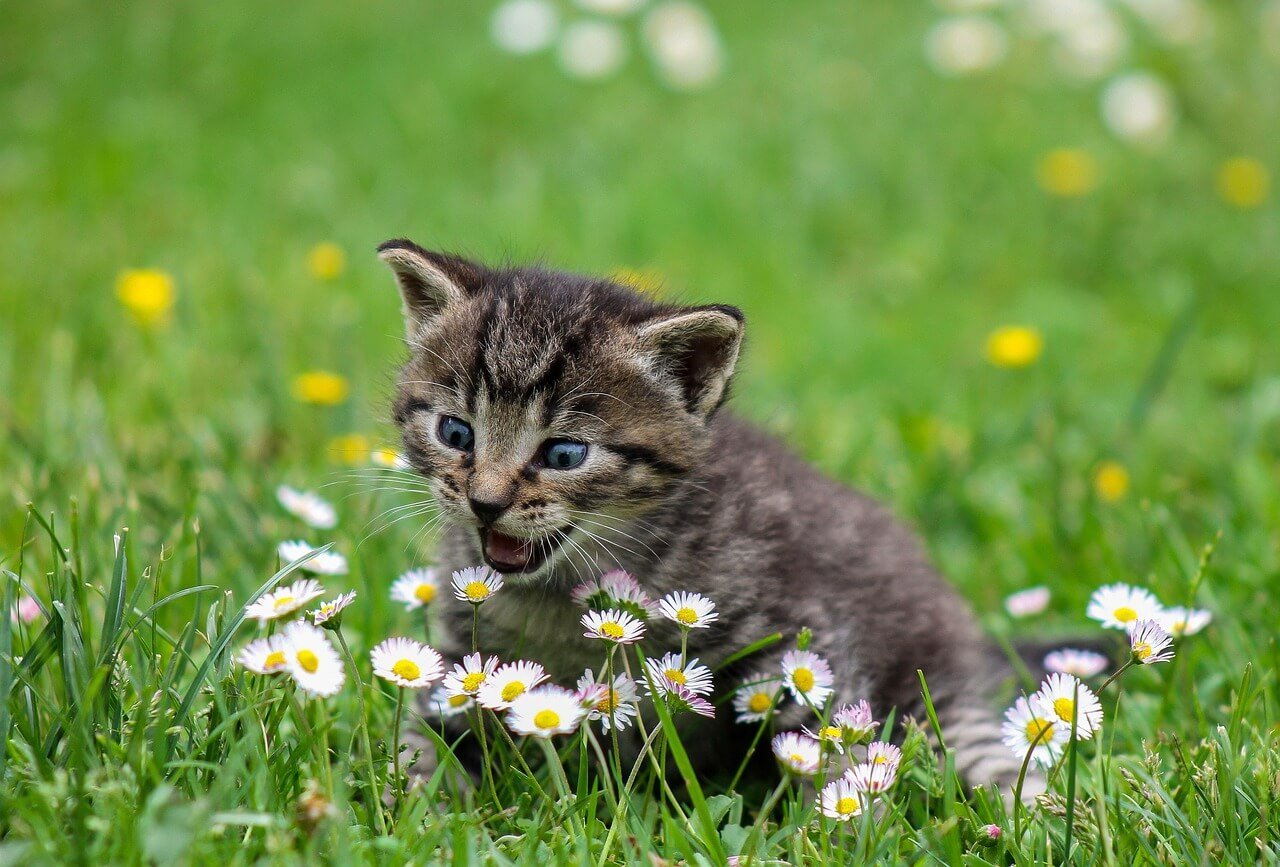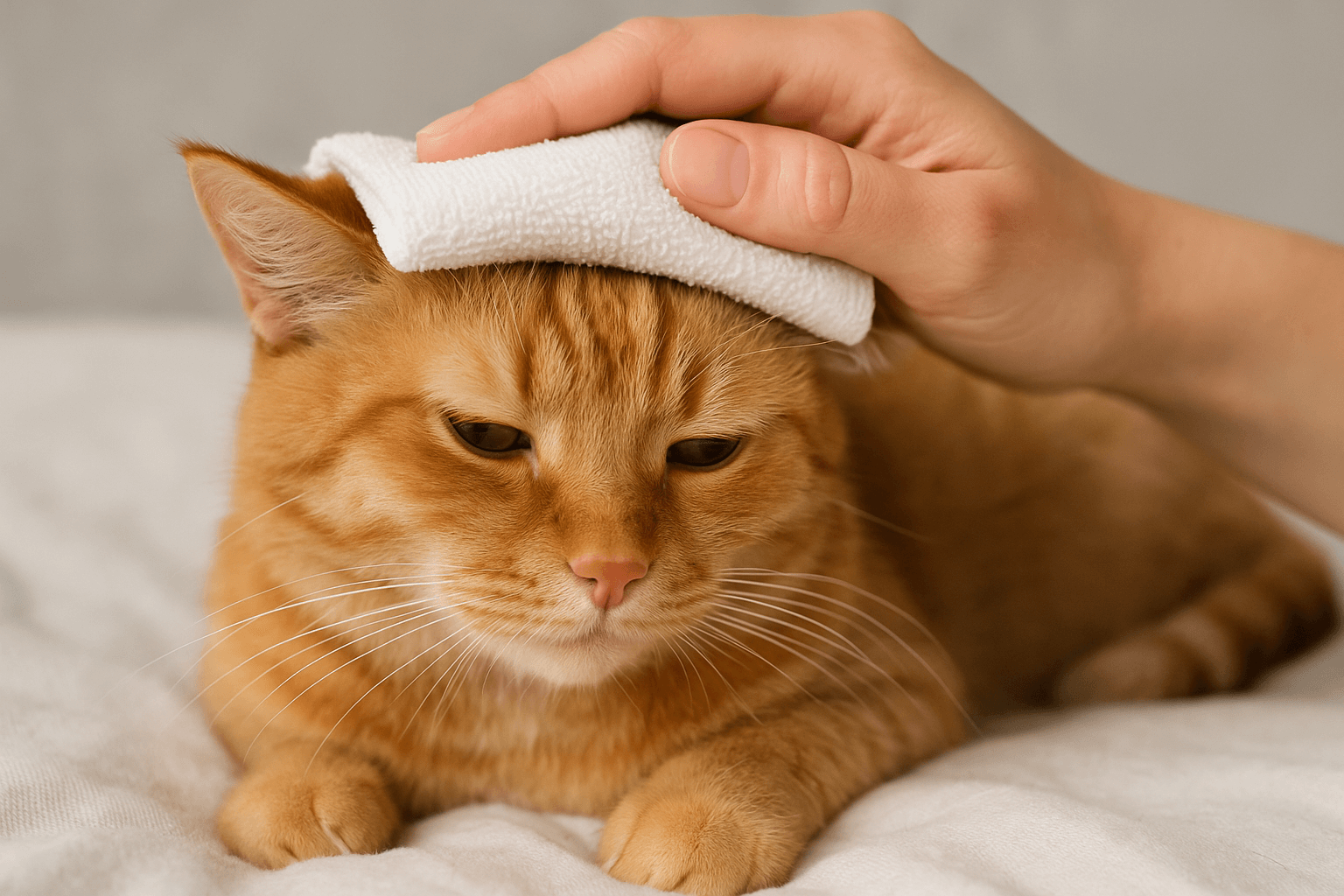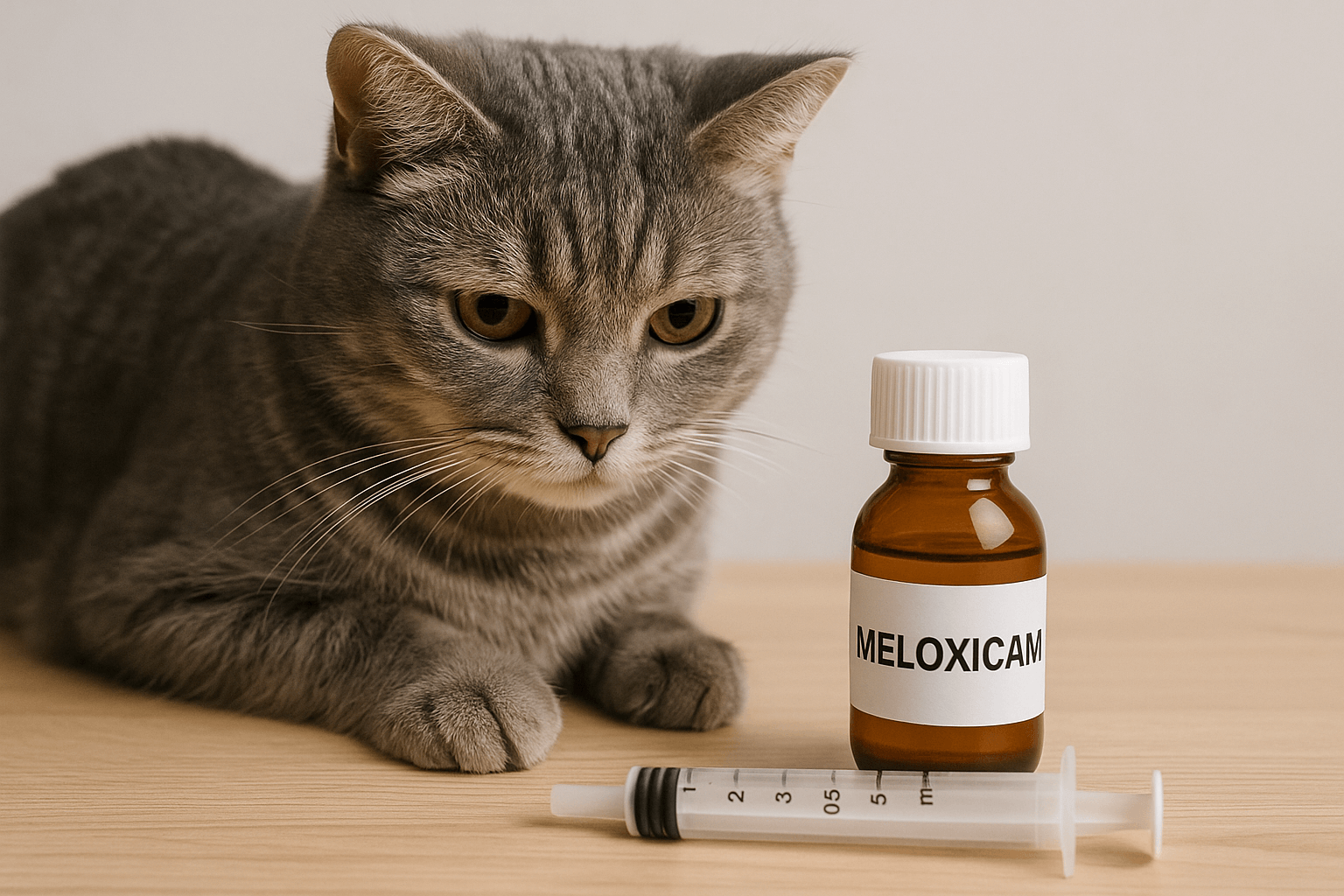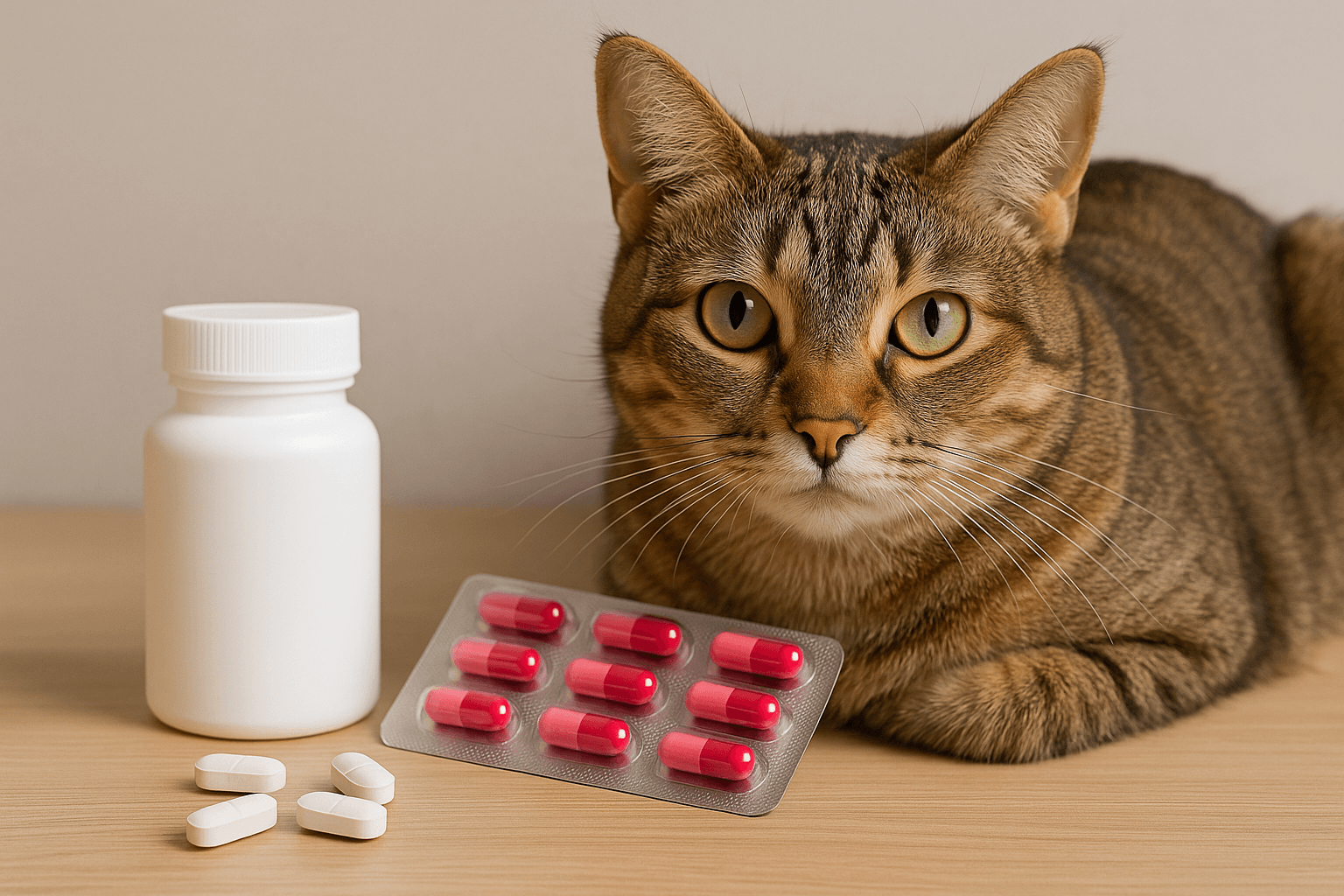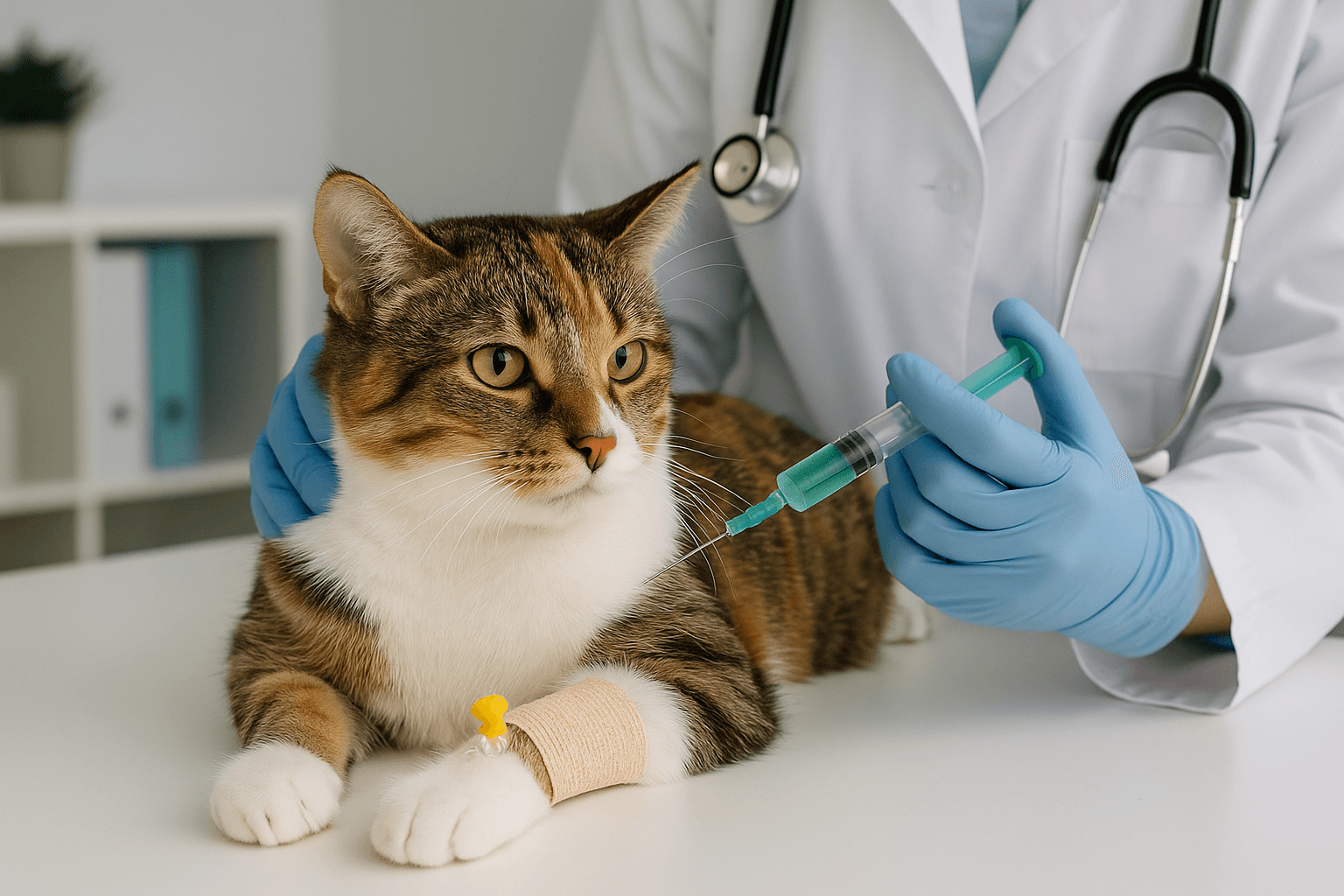Cat Bleeding from Nose and Mouth: What You Need to Know
Discovering that your cat is bleeding from the nose and mouth can be a terrifying experience for any pet owner. This alarming symptom may indicate a range of underlying health issues, from minor injuries to serious medical conditions. While it’s easy to panic, staying calm and informed is crucial to ensure your cat receives the care they need. In this blog post, we’ll explore the potential causes of nose and mouth bleeding in cats, what steps you should take immediately, and how to prevent future incidents. Whether it’s an emergency situation or a manageable condition, understanding this issue will empower you to act quickly and effectively for your feline friend’s well-being.
Potential Causes of Nose and Mouth Bleeding in Cats
Bleeding from the nose and mouth in cats can stem from various causes, ranging from trauma to systemic health problems. Identifying the root cause is essential for proper treatment. Here are some common reasons:
Trauma or Injury
Accidents, falls, or fights with other animals can lead to external or internal injuries, causing bleeding.Dental Issues
Severe gum disease, tooth abscesses, or oral tumors can result in bleeding from the mouth.Infections
Respiratory or sinus infections may irritate tissues, leading to nasal or oral bleeding.Foreign Objects
Objects lodged in the nasal passages or throat can cause irritation and bleeding.Blood Disorders
Conditions like clotting disorders or anemia can make cats more prone to uncontrolled bleeding.
While these causes vary in severity, any instance of bleeding from the nose and mouth should be taken seriously. Prompt veterinary attention is critical to determine the exact cause and begin treatment.
Symptoms to Watch For Alongside Bleeding
If your cat is bleeding from the nose and mouth, other symptoms may accompany this alarming sign. Monitoring these additional symptoms can provide valuable clues about the underlying issue. Here’s what to look for:
Lethargy or Weakness
A lack of energy or unusual tiredness may indicate blood loss or systemic illness.Difficulty Breathing
Labored breathing could suggest blockages, infections, or internal injuries.Swelling or Discoloration
Facial swelling or bruising around the nose and mouth may point to trauma or infection.Loss of Appetite
Refusal to eat might be linked to pain, dental issues, or discomfort in the mouth.Pale Gums
Pale or white gums can signal significant blood loss or anemia.
These symptoms, combined with bleeding, warrant immediate veterinary evaluation. Early intervention can prevent complications and improve your cat’s chances of recovery.
Check this guide 👉How Long Do Cats Bleed After Giving Birth? Best 7 Tips!
Check this guide 👉Do Cats Bleed When in Heat? Best 7 Expert Tips!
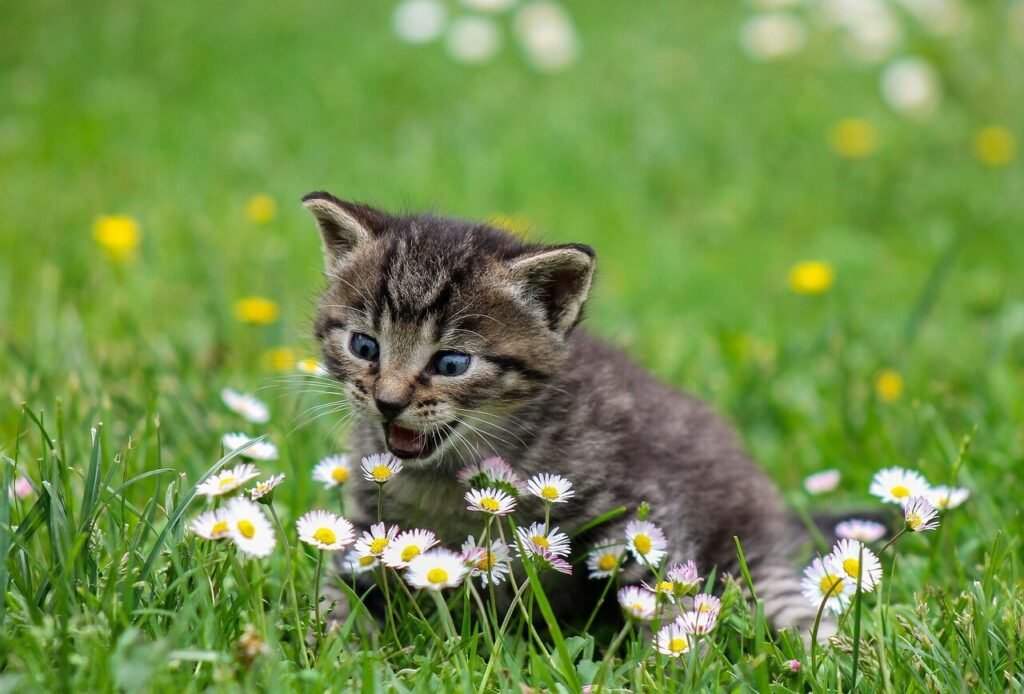
Causes of Bleeding in Cats | What You Should Do |
|---|---|
Trauma or injury | Keep the cat calm and seek vet care |
Dental issues | Schedule a dental exam and cleaning |
Infections | Monitor symptoms and consult your vet |
Foreign objects | Avoid removing objects yourself; see a vet |
Blood disorders | Request blood tests and follow-up care |
Immediate Steps to Take If Your Cat Is Bleeding
When your cat is bleeding from the nose and mouth, acting quickly can make a significant difference in their recovery. Here are the steps you should take:
Stay Calm and Assess the Situation
Calmly observe your cat to determine the severity of the bleeding and check for visible injuries.Stop the Bleeding (if possible)
For minor nosebleeds, gently apply pressure with a clean cloth, but avoid inserting anything into the nostrils.Keep Your Cat Calm
Minimize stress by keeping your cat in a quiet, comfortable space until you can see a vet.Avoid Feeding or Watering
Refrain from giving food or water if there’s a risk of choking or worsening the condition.Seek Emergency Veterinary Care
Contact your vet immediately or visit an emergency clinic, especially if the bleeding is severe or persistent.
Taking these steps ensures your cat receives timely care and minimizes the risk of further complications. Remember, professional help is essential for addressing this serious issue.
Preventive Measures to Reduce the Risk of Bleeding
Preventing nose and mouth bleeding in cats involves proactive care and attention to their overall health. Here are some tips to reduce the likelihood of such incidents:
Regular Vet Check-Ups
Schedule routine veterinary visits to catch potential health issues early.Maintain Good Oral Hygiene
Brush your cat’s teeth regularly and provide dental treats to prevent gum disease and infections.Cat-Proof Your Home
Remove hazards like sharp objects or toxic plants that could injure your cat.Supervise Outdoor Time
If your cat goes outside, monitor them to prevent fights or accidents with other animals.Provide a Balanced Diet
Ensure your cat receives proper nutrition to support their immune system and overall health.
By implementing these preventive measures, you can significantly reduce the risk of your cat experiencing nose and mouth bleeding. A little effort goes a long way in keeping your feline companion safe and healthy.
Common Misconceptions About Nose and Mouth Bleeding in Cats
There are several misconceptions about why cats might bleed from the nose and mouth, which can lead to confusion or delayed treatment. Clearing up these myths is essential for ensuring your cat receives proper care. Here are some common misconceptions and the truth behind them:
Myth: Nosebleeds in cats are always harmless.
While minor nosebleeds can occur due to dry air or mild irritation, persistent or severe bleeding often indicates a more serious issue.Myth: Bleeding stops on its own without intervention.
Some cases may resolve temporarily, but underlying causes like infections or blood disorders require professional treatment.Myth: It’s safe to remove foreign objects yourself.
Attempting to remove objects lodged in your cat’s nose or mouth can cause further injury or worsen the bleeding.Myth: Only outdoor cats experience this issue.
Indoor cats are also at risk due to dental problems, infections, or systemic health conditions.Myth: Blood in saliva means your cat was poisoned.
While poisoning can cause bleeding, other causes like trauma or dental disease are more common.
Understanding these facts ensures you don’t overlook potential dangers and seek appropriate care for your cat.
Fun Facts About Feline Health and Emergency Care
Cats are resilient creatures, but they’re not immune to health emergencies like nose and mouth bleeding. Here are some fascinating insights into feline health and emergency care that highlight their unique biology:
Cats Have Sensitive Nasal Passages
Their noses are highly sensitive to irritants, which can sometimes lead to sneezing or minor nosebleeds.Blood Clotting Is Vital for Survival
Cats rely on efficient blood clotting mechanisms to prevent excessive bleeding from minor injuries.Oral Health Impacts Overall Well-Being
Dental issues in cats can lead to more than just mouth bleeding—they can affect heart and kidney health over time.Stress Can Exacerbate Symptoms
High stress levels can weaken a cat’s immune system, making them more prone to infections or uncontrolled bleeding.Cats Hide Pain Instinctively
Even when bleeding, cats may mask their discomfort, so subtle signs should never be ignored.
These fun facts underscore the importance of proactive care and vigilance when it comes to your cat’s health. Understanding their unique traits can help you respond more effectively during emergencies.
Tips for Creating a Safe Environment for Your Cat
Preventing accidents and injuries is key to reducing the risk of emergencies like nose and mouth bleeding. Here are some practical tips for creating a safer environment for your feline companion:
Secure Hazardous Items
Store sharp objects, chemicals, and small items out of reach to prevent accidental ingestion or injury.Use Pet-Safe Plants
Replace toxic plants with non-toxic varieties to avoid irritation or poisoning that could lead to bleeding.Install Window Screens
Prevent falls or escape attempts by ensuring all windows have secure, pet-proof screens.Provide Safe Play Areas
Designate areas for play that are free from hazards like exposed wires or fragile objects.Monitor Multi-Cat Households
Supervise interactions between cats to prevent fights that could result in injuries.
By taking these precautions, you can minimize risks and create a safe, stress-free environment for your cat. Prevention is always better than dealing with an emergency, and these steps can go a long way in protecting your furry friend.
Frequently Asked Questions About Cats Bleeding from the Nose and Mouth
Why is my cat bleeding from the nose?
Causes can include trauma, infections, foreign objects, or blood disorders.
What should I do if my cat has a bloody mouth?
Stay calm, assess for injuries, and seek immediate veterinary care.
Can allergies cause nosebleeds in cats?
Rarely, severe allergies or irritants can lead to nasal irritation and bleeding.
How can I tell if the bleeding is serious?
Persistent, heavy, or recurring bleeding accompanied by other symptoms requires urgent attention.
Can I treat my cat’s nosebleed at home?
Minor nosebleeds can be managed temporarily, but professional veterinary care is always recommended.
Acting Quickly for Your Cat’s Health
Bleeding from the nose and mouth in cats is a serious issue that demands immediate attention. Whether caused by trauma, dental problems, infections, or underlying health conditions, prompt action can make all the difference in your cat’s recovery. By staying informed about the potential causes, recognizing accompanying symptoms, and knowing the steps to take, you can ensure your feline friend receives the care they need. Prevention plays a vital role as well—regular vet visits, good oral hygiene, and a safe environment can reduce the risk of such emergencies. Remember, your cat relies on you to keep them safe and healthy. With vigilance and love, you can provide the best possible care for your beloved pet.
Cat Fever Treatment: Best 7 Expert Tips! Discover expert advice on identifying, managing, and treating fever in cats to ensure their quick recovery and well-being.
Understanding Meloxicam for Cats: Best 7 Expert Tips! Learn how to safely administer meloxicam, manage side effects, and ensure your cat's comfort with expert advice on feline pain relief.
Amoxicillin for Cat UTI: Best 7 Expert Tips! Discover safe usage, dosage guidelines, and expert advice on treating feline urinary tract infections effectively with amoxicillin.
Understanding Cat Cancer Treatment: Best 7 Expert Tips! Discover expert advice on managing feline cancer, from early detection to treatment options, ensuring your cat’s health and comfort.

